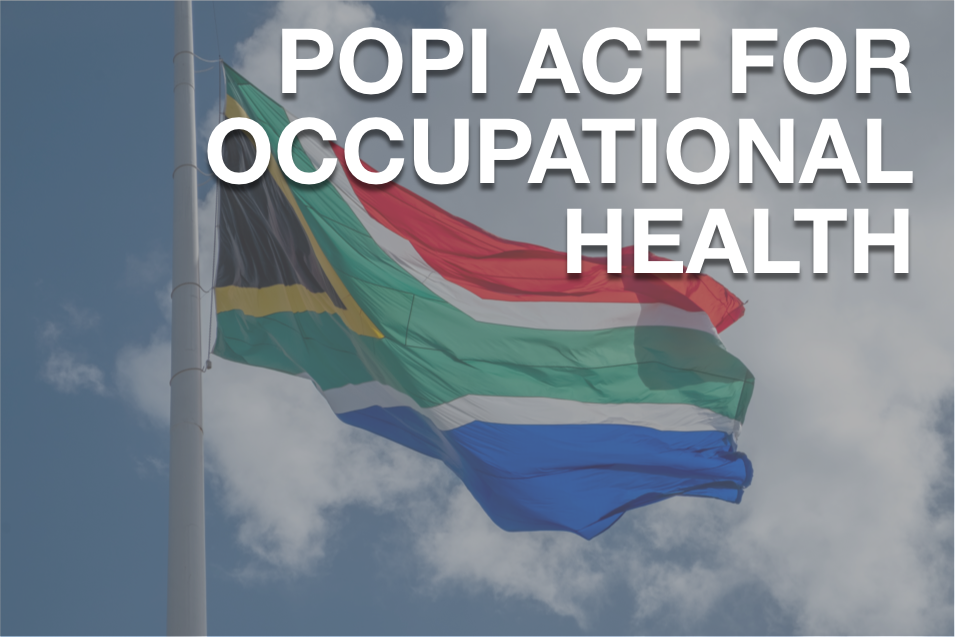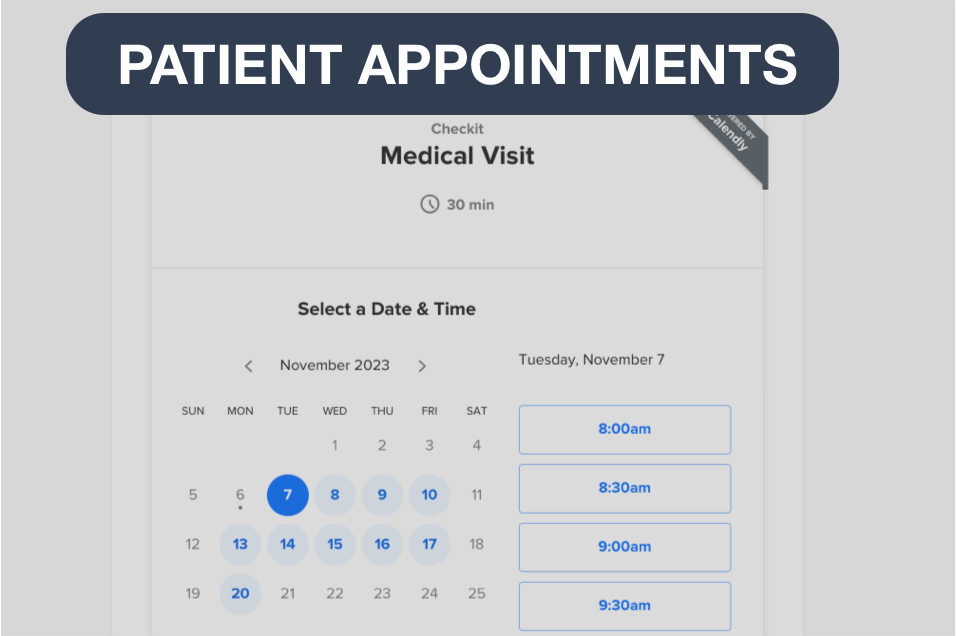Meeting POPI Act Obligations in Occupational Health

The Protection of Personal Information Act (POPIA / POPI Act) is a comprehensive legislation in South Africa, designed to govern the processing of personal information across various sectors, including healthcare. Its primary objective is to enhance individuals' control over their personal data by promoting transparency, accountability, and responsible data processing practices.
Significance of Adhering to POPIA in Health Record Maintenance
1. Building Patient Trust and Ensuring Confidentiality:
POPIA aims to foster trust among individuals regarding the handling of their personal information. In the healthcare sector, maintaining patient trust is critical, and preserving the confidentiality of health records is paramount. Compliance with POPIA ensures the implementation of robust security measures by healthcare providers, safeguarding patient data from unauthorized access and breaches.
2. Upholding Data Accuracy and Integrity:
POPIA requires organizations to take reasonable steps to ensure the accuracy and integrity of processed personal information. In health record management, this is crucial to ensure the reliability and currency of patient data. Accurate health records are essential for delivering quality healthcare and facilitating informed medical decision-making.
3. Consent and Transparency:
Healthcare providers must obtain explicit and informed consent from individuals before processing their personal information, as emphasized by POPIA. The legislation underscores the importance of transparency in data processing activities, enabling patients to understand how their information will be used and empowering them to make informed choices regarding its usage.
Defining 'Personal Information' According to POPIA
According to the Act, personal information refers to data that can identify a person and is defined as "information relating to an identifiable, living, natural person, and where applicable, an identifiable, existing juristic person." This includes, but is not limited to, details such as race, gender, pregnancy, marital status, national origin, and biometric information.
Impact of POPIA on Occupational Health / Health Providers in South Africa
POPIA significantly affects Occupational Health and Health Providers, extending its regulatory reach to encompass sensitive health-related data handled by these entities. Compliance with the POPI Act is imperative for these providers, who must adhere to its principles governing the lawful processing of personal information.
Penalties for Non-Compliance with POPIA
Failure to comply with POPIA regulations may lead to substantial fines and legal consequences. The Information Regulator, established under POPIA, holds the authority to investigate and impose penalties for non-compliance. Fines for violations can reach up to R10 million, and certain offenses may result in imprisonment for up to 10 years.
Maintaining consumer privacy is crucial for establishing client trust. POPI strives to prevent the misuse of personal information by setting stringent guidelines on its acquisition, balancing the interests of businesses using direct marketing with the right to privacy of data subjects.
Tealio, a POPIA Occupational Health Software solution, resolves compliance issues, allowing organizations to focus on enhancing employee or student health. Contact us to discuss your POPI Compliance.
Recommended articles
How Tealio can empower your organization?
Enable teams to optimize onboarding procedures, shift towards digital record-keeping, effortlessly create medical certificates, and take proactive measures to manage risks, all while maintaining smooth and efficient operations.
Learn MoreWe use performance and analytics cookies to optimize your experience on our website and services. By clicking ”Allow Cookies”, you consent to our use of cookies as described in our Cookie Policy. See our Cookie Policy.





